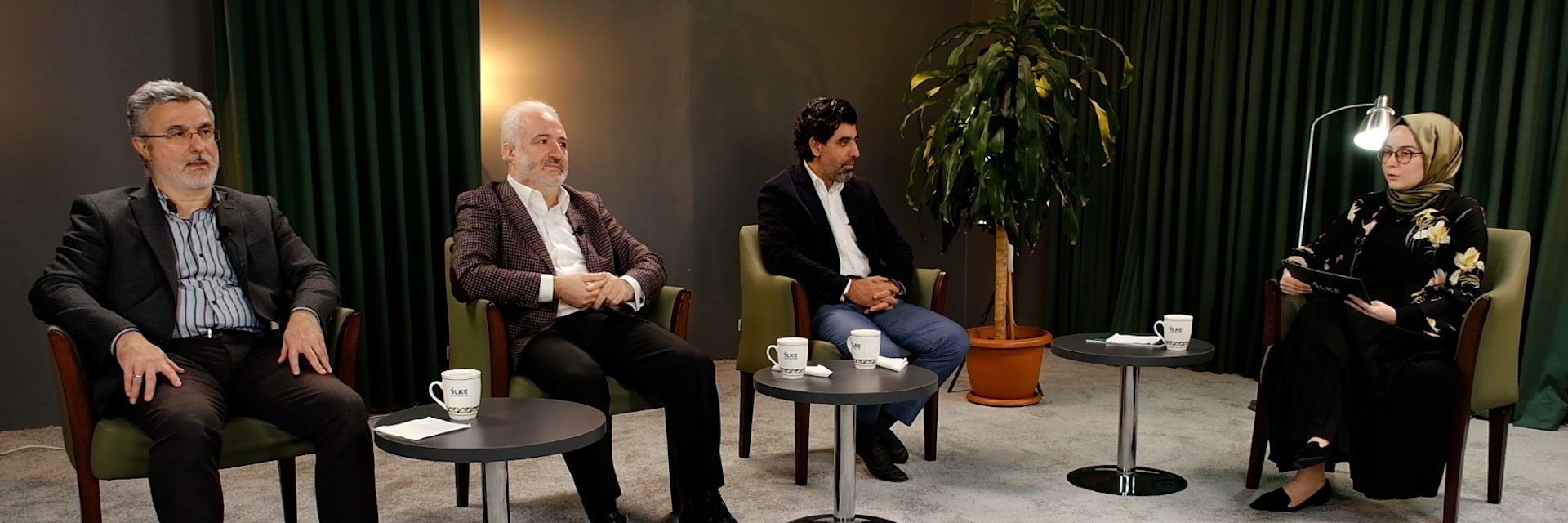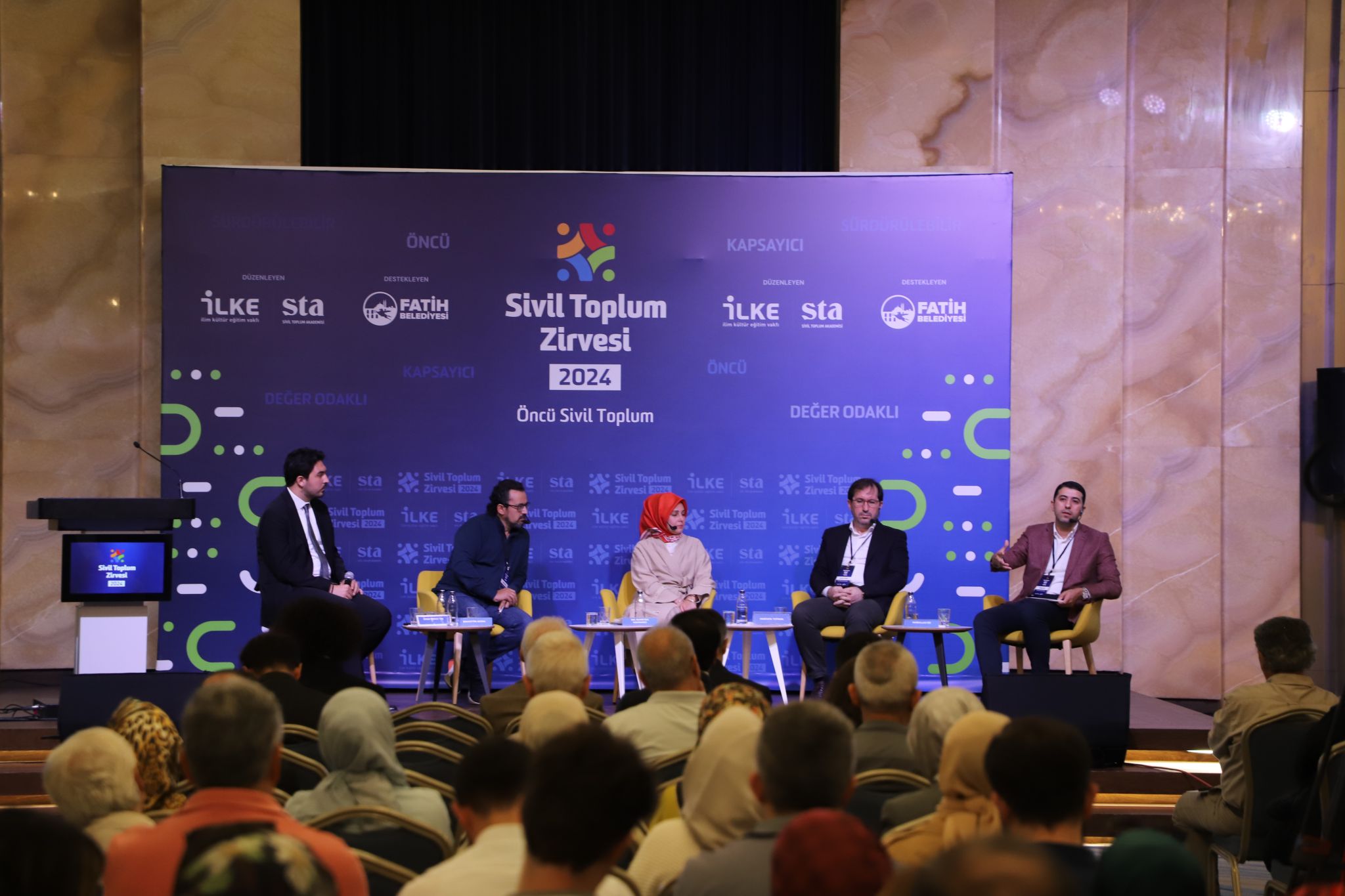ILKE Science and Culture and
Education Foundation (ILKE Foundation) has published the fourth report under
its Field Monitoring Reports Project, the Field Monitoring Report on Civil
Society (2010-2020). The report provides an extensive analysis of Turkish civil
society and its developments from the last ten years.
The report chronologically
discusses the developments that took place in the different dimensions of the
civil society during the ten year including the Turkish civil society, civil
society and state relations, statistics related to civil society, basic issues
of non-governmental organizations and proposed solution, the 15 July coup
attempt and epidemic, which are important events that deeply affected the civil
society, as well as several other issues that may be important for
non-governmental organizations.
ILKE Executive Board Chairman, Dr. Lutfi Sunar discussed
some highlights from the report.
2000s were the Spring of Civil Society in Turkey
Stating that Turkey entered the
2000s with the political and economic crises created by the February 28 postmodern
coup, Dr. Lütfi Sunar stated that two events transformed the state-society
relations as the sector entered the 2000s. With the legal and structural
reforms that took place after the Marmara Earthquake in 1999 and the start of
the negotiations for membership of European Union, civil rights and freedoms greatly
expanded in the civil society hence making 2000s a spring for civil
organizations both for Turkey and the region.
Gezi Events created a Divide in Civil Society in Turkey
The protests, which started in 2013 over the plans to
rebuild the historical barracks in Istanbul, where the Gezi Park is located,
soon turned into large-scale demonstrations both in Istanbul and Turkey. According
to Sunar, this process distanced different segments of civil society from its
mission with the Gezi events that unfolded.
July 15 Narrowed the Scope of Civil Society
Sunar stated that with the measures taken after the July 15
coup attempt, the domain for bureaucracy in the country has expanded while
for civil society has shrunk. A significant number of the non-governmental
organizations have been integrated into politics and have started to distance
themselves from playing their original role.
The Need for Civil Society During the Pandemic Period Is
More Than Ever
While the main activities of NGOs came to a halt during the
pandemic period, the activities of various aid organizations were also
restricted. The covid-19 epidemic, which emerged in 2019 and disrupted all life
throughout 2020, very clearly demonstrated the need for social solidarity and increased
role of non-governmental organizations.
To access the full report, click here.




